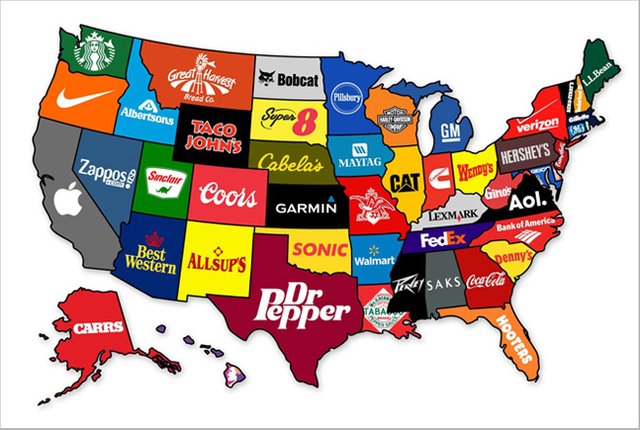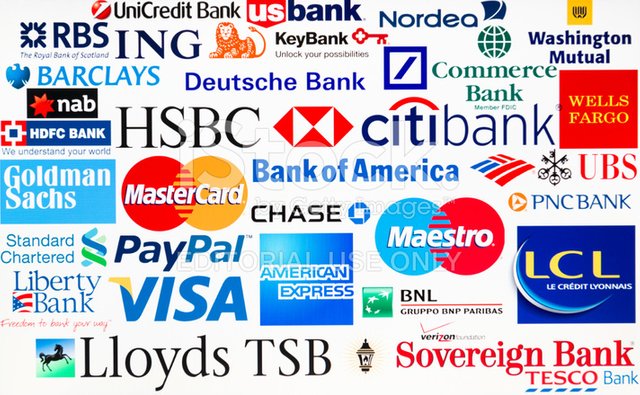Cryptocurrency and its transactions simply explained using your debit card
When you search for Bitcoin, or any other digital currency, you'll often find the definition that it is a distributed ledger that serves as a public financial transaction database.
Well, what does that even mean?
Think about where you often shop
What's your favorite store or where do you often shop?
Whether it be Amazon, Walmart, or the store down the street, chances are they collect information from every customer, and every individual transaction.
These transactions have information about where you bought it, what you bought, who was at the register, and the year, the month, the day of the month, the hour of the day, the minute of the hour, and the time zone.
That's a lot of information!
It all goes a step further. It knows who you are by a series of unique numbers and letters that are specifically assigned to you. This is known as your owner key or your hash.
Let's go deeper
Do you want everyone (family, friends, and internet) to know what you are doing with your money? What if someone got access to your credit/debit card information?
This is exactly what is kept secure in blockchain.
If you're not sure what I mean by blockchain. Check out my article on Blockchain here: https://steemit.com/@swayzilla/blockchain-simply-explained-using-the-terminator
How secure do you want this information to be?
Although blockchain makes transactions public. One thing is for sure, blockchain can not be compromised like your average bank.
Check out what you can see from every transaction by heading over to this website: https://www.blockchain.com/explorer (Click on the link and scroll down to transactions. If you did, you can see who traded to who, the timestamp, and size)
And that is what sets blockchain and cryptocurrency apart.
Unless you give out your unique hash number, no one can see what you purchased, or who you are.
Although this is starting to change with current regulations (e.g. your social security number is needed to buy cryptocurrency from specific websites. But noone can see what you purchased).
As security concerns increase, blockchain and cyptocurrency is where the network security, health, and banking industries will need to go to next.
Want to learn more about blockchain? Check out my other articles here:



Dear @swayzilla
I just had a pleasure to read your publication. It's not very "fresh" post and I wonder if you're still even checking comments ...
Anyway, solid read buddy. Great explanation and introduction to blockchain.
Cheers,
Piotr
I keep trying to figure out a healthcare based project to work on or design using blockchain. I have some ideas but nothing I think of rolling with.
Awesome #3 in the series man! The financial sector is going to be the first major adopter if this technology for sure. After that I think gaming would be next.
Right here man, this should give you some ideas: https://healthereum.com/
Posted using Partiko Android
This post was shared in the Curation Collective Discord community for curators, and upvoted and resteemed by the @c-squared community account after manual review.
@c-squared runs a community witness. Please consider using one of your witness votes on us here